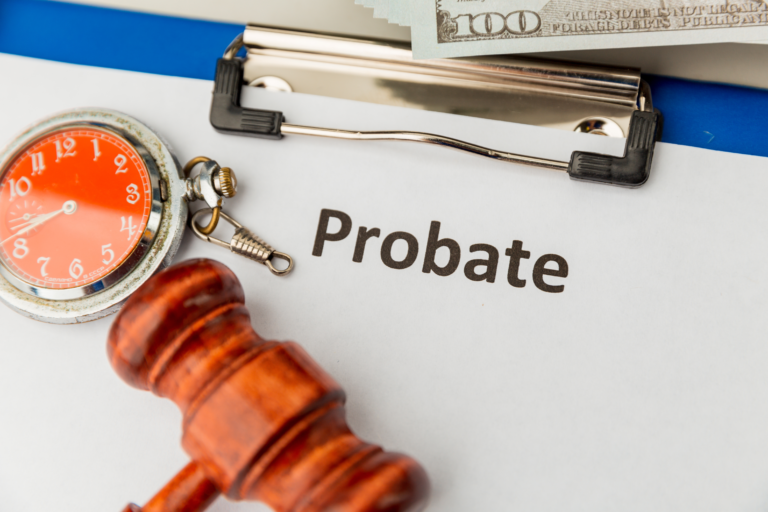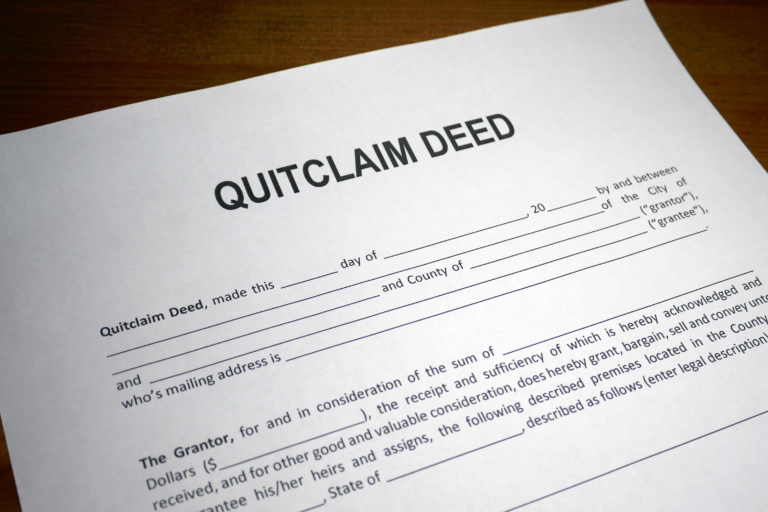Florida is a popular destination for out-of-state residents who want to buy real estate. In the last decades, the state became a hub for retirees and “snowbirds,” people who migrate temporarily to the Sunshine State to escape the cold winter.
As it is common to find out-of-state residents owning real property in Florida, the cases of ancillary and non-domiciliary probate have become quite common in probate courts. Keep reading to find what you must know about non-domiciliary probate in Florida.
Domiciliary Probate vs. Non-Domiciliary Probate – Understanding the Difference
Ancillary probate is required when a deceased Florida resident died while owning real property outside of the state, or the decedent lived and died in another state but owned real property in Florida.
The difference between the terms “ancillary” and “domiciliary” probate is that the latter takes place in the state where the decedent lived. Instead, ancillary (or non-domiciliary) probate happens in any state where the decedent owned real estate.
Essentially, the purpose of both proceedings is the same – to identify and submit the decedent’s estate to court-supervised probate proceedings, to guarantee the fair distribution of the assets to the designated beneficiaries.
Therefore, if someone dies in Florida but owned property in another state, it is crucial to consult with an expert probate attorney to prepare for non-domiciliary probate.
How Does Non-Domiciliary Probate Work?
Under Florida law, the legal proceedings involved in domiciliary, and ancillary (non-domiciliary) are virtually the same.
Ultimately, the difference between these types of proceedings is that, once the non-domiciliary administration is complete, the assets owned by the decedent in other states may be:
- Distributed directly to the beneficiaries designated by the deceased person, or
- Re-distributed to the decedent’s domiciliary estate for continued administration
Accordingly, the decedent’s relative in control of the last will or the personal representative must file for non-domiciliary probate in each estate where the deceased person owned real estate.
Hence, each procedure will require specific documents involved. In such cases, the probate laws applied to the distribution of the decedent’s estate will be the laws of the state where the property subject to probate is located.
Non-Domiciliary Probate in Florida – Taking a Closer Look
As provided by Florida Statutes §734.102 (2), “ancillary administration shall be commenced as provided by the Florida Probate Rules.” The next statute adds that if the decedent’s last will (and any codicils) are executed under Florida law, “they shall be admitted to probate.”
In Florida, there are two types of probate – summary administration (an expedited version of probate) and formal administration (Florida’s traditional form of probate).
According to Florida Statutes §734.1025, the non-resident decedent’s estate must go through summary administration if the decedent’s real property subject to probate is valued at less than $50,000 and the decedent died testate (with a last will).
Therefore, the personal representative must file an authenticated copy of the foreign administration by submitting the decedent’s last will.
Once the estate is submitted to probate, “the foreign personal representative may cause a notice to creditors to be served and published according to the relevant requirements” of the Florida Probate Code (Fla. Stat. §734.1025(2)).
Plus, the statute adds that “if any claim is filed, a personal representative shall be appointed as provided in the Florida Probate Rules.” During the process, any creditors’ claims not filed according to the state’s Probate Code will be barred under law.
Non-Domiciliary Probate Does Not Need to be Overwhelming – Immediately Contact Your Florida Probate Lawyer
Waste no time with uncertainty – call Attorneys Romy B. Jurado and Diana L. Collazos at (305) 921-0976 or email [email protected] to schedule a consultation.






